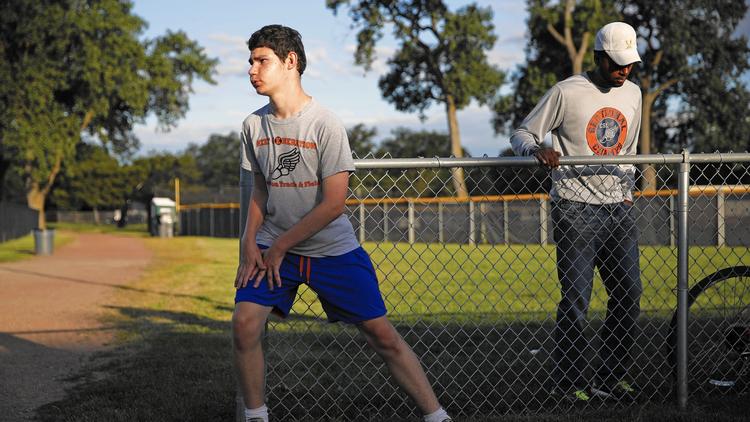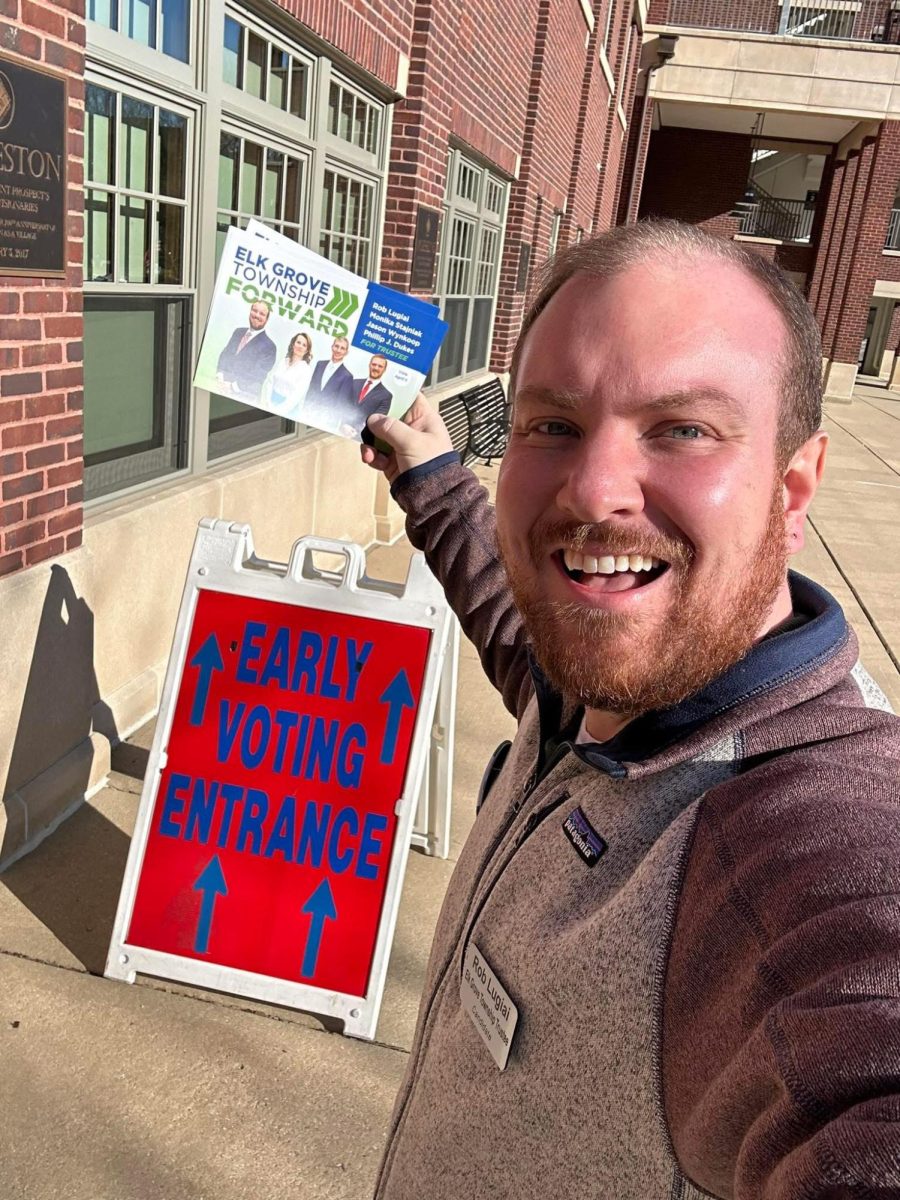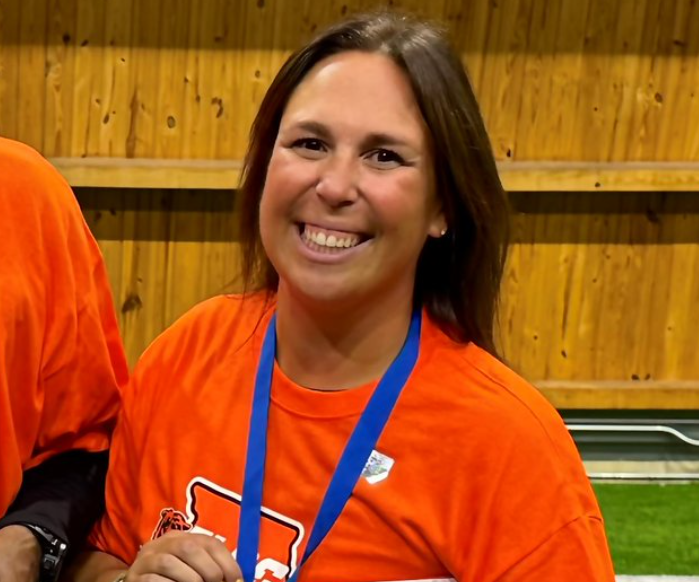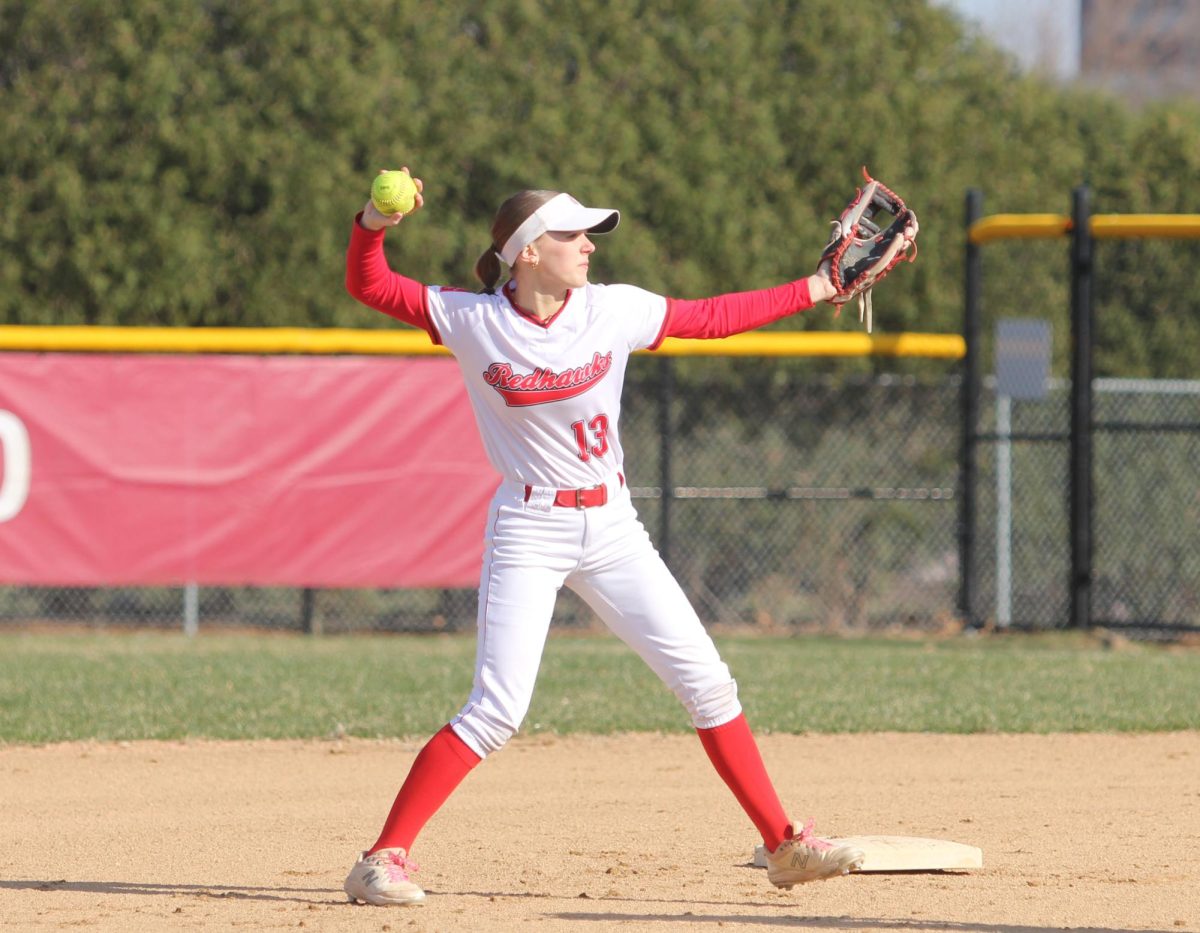Student with cerebral palsy sues IHSA for accommodations in track and field
Photo source: The Chicago Tribune
COOLING DOWN: Senior Aaron Holzmueller finishes up a workout at Evanston Township High School. Holzmueller is requesting that the IHSA create new categories for para-ambulatory runners.
December 31, 2017
Aaron Holzmueller is an accomplished runner and swimmer. The Evanston Township High School senior achieved two lifetime-best times in the 50 and 200-meter freestyle races this past season, earning four second-place medals at the Illinois High School Association (IHSA) swimming state meet, according to his school paper, the Evanstonian.
Holzmueller also has cerebral palsy, a condition that affects his balance, coordination and muscular control. In the pool, he has been able to compete in the Athletes with Disabilities (AWD) category. But there is no AWD category for track, and Holzmueller believes these accommodations should be consistent throughout the IHSA’s competition series.
“[The IHSA] should have fair time standards for athletes with disabilities to compete at state and for [athletes] who don’t need wheelchairs, like they did for swimming,” he said.
Holzmueller has made this request for accommodations to the IHSA every year since his freshman year. Each time, his parents filled out an accommodation form, submitted it to the high school coach and principal, then submitted it to
the IHSA to consider.
In the past, the IHSA has rejected his request twice, but has offered him some compensation instead.
“When I first requested, the [IHSA] denied my request, but I continued to make the request,” Holzmueller said. “They did grant me some accommodations such as a guide in cross country races and an accommodation for starting blocks.”
But the IHSA continues to deny Holzmueller this particular accommodation, and now that request has turned into a lawsuit. Because litigation is ongoing, Holzmueller told the Central Times that he was limited in his ability to provide details.
The IHSA did not respond to requests for an interview, but its legal argument states that if accommodations are granted to athletes like Holzmueller, different accommodations will be requested by athletes with many different disabilities.
Additionally, IHSA board members believed that granting him accommodations would allow him an unfair advantage in competing.
“Individual board members expressed that granting [Holzmueller’s] requested accommodations would give him an unfair competitive advantage compared to able-bodied students because he would have a greater opportunity to
advance to state from the sectional competition given the much smaller number of competitors he would face,” according to court documents.
Even if Holzmueller is unable to personally benefit from his request, he hopes it will help to provide equal opportunity for all aspiring athletes with disabilities in the future.
“We can’t really know about [the success of this request],” Holzmueller said. “We hope that by making these requests we will help other people get accommodations, even if it’s not successful right now.”








